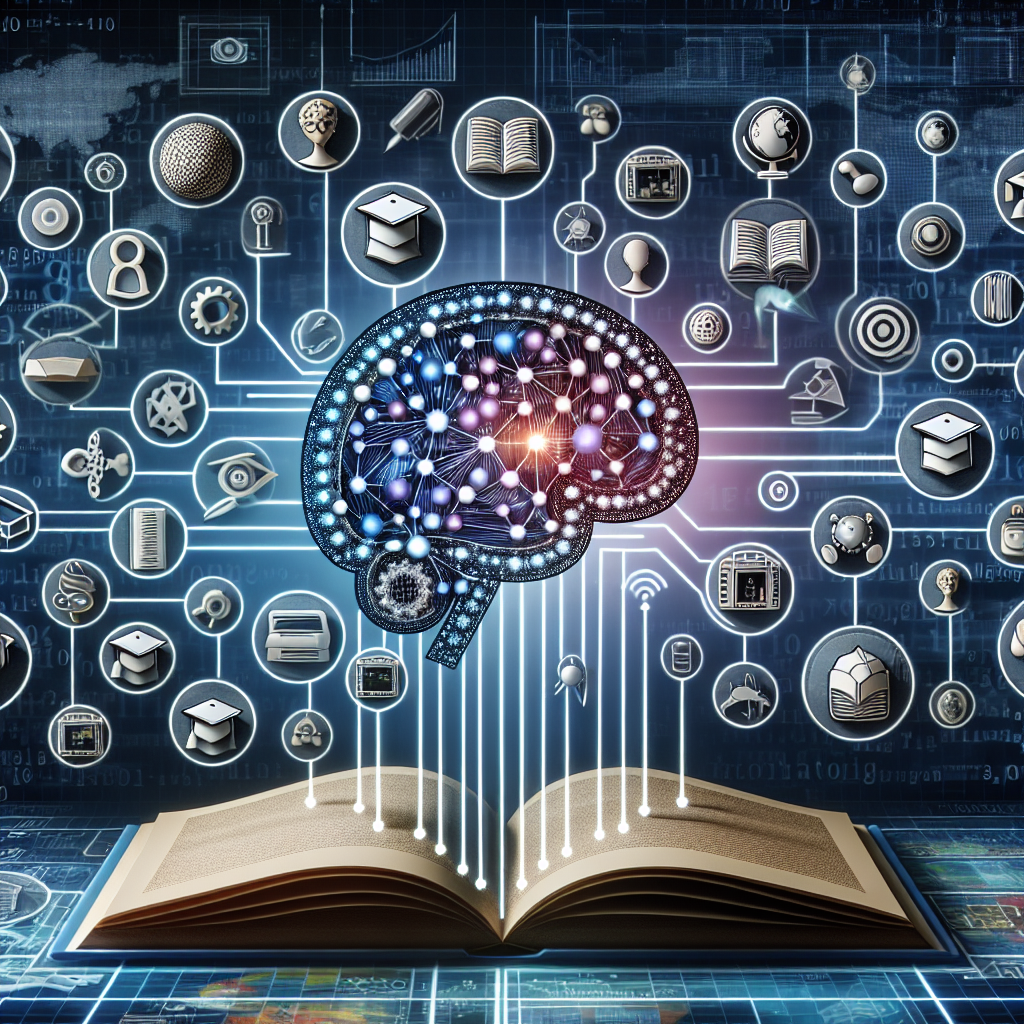Artificial General Intelligence (AGI) has the potential to revolutionize the field of education in the coming years. With the ability to think, learn, and adapt like a human, AGI has the potential to personalize learning experiences, streamline administrative tasks, and provide valuable insights for educators. In this article, we will explore the implications of AGI for education and how it will shape the future of learning.
The Rise of Artificial General Intelligence
Artificial General Intelligence, also known as strong AI, refers to a computer system that has the ability to understand, learn, and apply knowledge in a similar way to a human being. Unlike narrow AI systems, which are designed for specific tasks like playing chess or recognizing faces, AGI has the potential to perform a wide range of cognitive tasks and adapt to new situations.
While AGI is still in the early stages of development, researchers and technologists are making significant progress in the field. Companies like OpenAI and DeepMind are working on creating AGI systems that can outperform humans in various cognitive tasks, from playing complex strategy games to generating creative works of art.
Implications for Education
The implications of AGI for education are vast and far-reaching. With the ability to understand and adapt to individual learning styles, AGI has the potential to revolutionize the way students are taught. Here are some ways in which AGI could impact the future of education:
Personalized Learning Experiences: AGI can analyze data on students’ learning styles, preferences, and performance to create personalized learning experiences. By identifying areas where students struggle and adapting the curriculum accordingly, AGI can help students learn more effectively and efficiently.
Automated Administrative Tasks: AGI can streamline administrative tasks like grading assignments, scheduling classes, and managing student records. This can free up educators’ time to focus on teaching and mentoring students, leading to a more efficient and productive learning environment.
Insights for Educators: AGI can analyze data on student performance, engagement, and behavior to provide valuable insights for educators. By identifying trends and patterns in student data, AGI can help educators make informed decisions about curriculum design, teaching strategies, and student support.
Challenges and Considerations
While the potential benefits of AGI for education are significant, there are also challenges and considerations that need to be addressed. Some of the key challenges include:
Ethical and Privacy Concerns: AGI systems have the potential to collect and analyze large amounts of data on students, raising concerns about privacy and data security. Educators and policymakers will need to establish clear guidelines and regulations to protect students’ privacy and ensure ethical use of AGI in education.
Equity and Access: AGI has the potential to exacerbate existing inequalities in education, as not all students may have access to the same resources and opportunities. Educators and policymakers will need to ensure that AGI is used in a way that promotes equity and access for all students, regardless of their background or circumstances.
Training and Professional Development: Educators will need to be trained in how to use AGI effectively in the classroom and integrate it into their teaching practice. Professional development programs will need to be developed to help educators learn how to leverage AGI to enhance student learning and engagement.
FAQs
Q: What is the difference between AGI and artificial narrow intelligence (ANI)?
A: AGI refers to a computer system that has the ability to perform a wide range of cognitive tasks and adapt to new situations, while ANI refers to a system that is designed for specific tasks like playing chess or recognizing faces.
Q: How will AGI impact the role of educators in the future?
A: AGI has the potential to automate administrative tasks and provide valuable insights for educators, allowing them to focus on teaching and mentoring students. Educators will need to adapt to new technologies and learn how to use AGI effectively in the classroom.
Q: What are some potential ethical concerns related to the use of AGI in education?
A: Ethical concerns related to the use of AGI in education include privacy, data security, and equity. Educators and policymakers will need to establish guidelines and regulations to protect students’ privacy and ensure ethical use of AGI in the classroom.
In conclusion, AGI has the potential to revolutionize the field of education in the coming years. By personalizing learning experiences, streamlining administrative tasks, and providing valuable insights for educators, AGI has the potential to enhance student learning and engagement. However, there are also challenges and considerations that need to be addressed, including ethical concerns, equity, and professional development. Educators and policymakers will need to work together to ensure that AGI is used in a way that benefits all students and promotes a more effective and inclusive learning environment.

